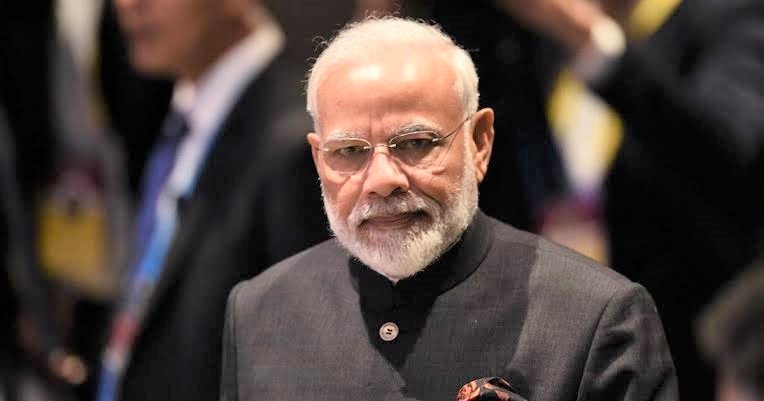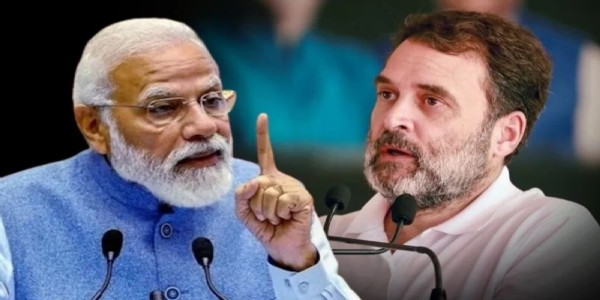Reflecting ‘Nation First’ policy, India refuses to compromise on national interest; steps back in signing RCEP
Bangkok, November 4: Prioritizing national interest, India has given utmost importance to the priorities of people and has worked unconditionally for their development to uplift their livelihood. Emancipating the same idea and reflecting India’s ‘Nation First’ policy at the global forum, India on Monday refused to join the Regional Comprehensive Economic Partnership (RCEP). In an informal note released by the Centre, it referred to sharing details on how the move will affect India's farmers, MSMEs, and dairy sector. The signing of the RCEP has been deferred to next year.

In his address, PM Modi stated, “The present form of the RCEP Agreement does not fully reflect the basic spirt and the agreed guiding principles of RCEP. It also does not address satisfactorily India's outstanding issues and concerns. In such a situation, it is not possible for India to join RCEP Agreement.”
Adding further he said, “India stands for greater regional integration as well as for freer trade and adherence to a rule-based international order. Our farmers, traders, professionals, and industries have stakes in such decisions. Equally important are the workers and consumers, who make India a huge market and the third biggest economy in terms of purchasing power parity.”
India believes its decision displays its openness to global competition while boosting India’s service sector. According to the Centre, the RCEP agreement does not address the threat of sidestepping of Rules of Origin due to Tariff Differential, unviability of MFN obligations and no assurance on market access and non-tariff barriers.
India is wary of this agreement, as the Centre feels with the lowering of import duties, the domestic industries will not be able to compete with China and the inflow of goods. The main sectors which would feel the pinch are the milk industry, textile and traders. India first highlighted the concerns with RCEP in 2014.
The Regional Comprehensive Economic Partnership (RCEP) is a proposed free trade agreement (FTA) between the ten member states of the Association of Southeast Asian Nations (ASEAN) and its six FTA partners, launched in 2012. The member nations include Brunei, Cambodia, Indonesia, Laos, Malaysia, Myanmar, the Philippines, Singapore, Thailand, Vietnam, and the FTA members include China, Japan, India, South Korea, Australia and New Zealand. The agreement aims at dropping tariffs and duties between the members to allow a free flow of goods and services.




